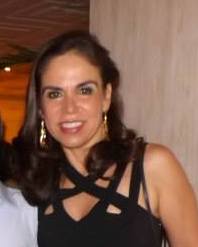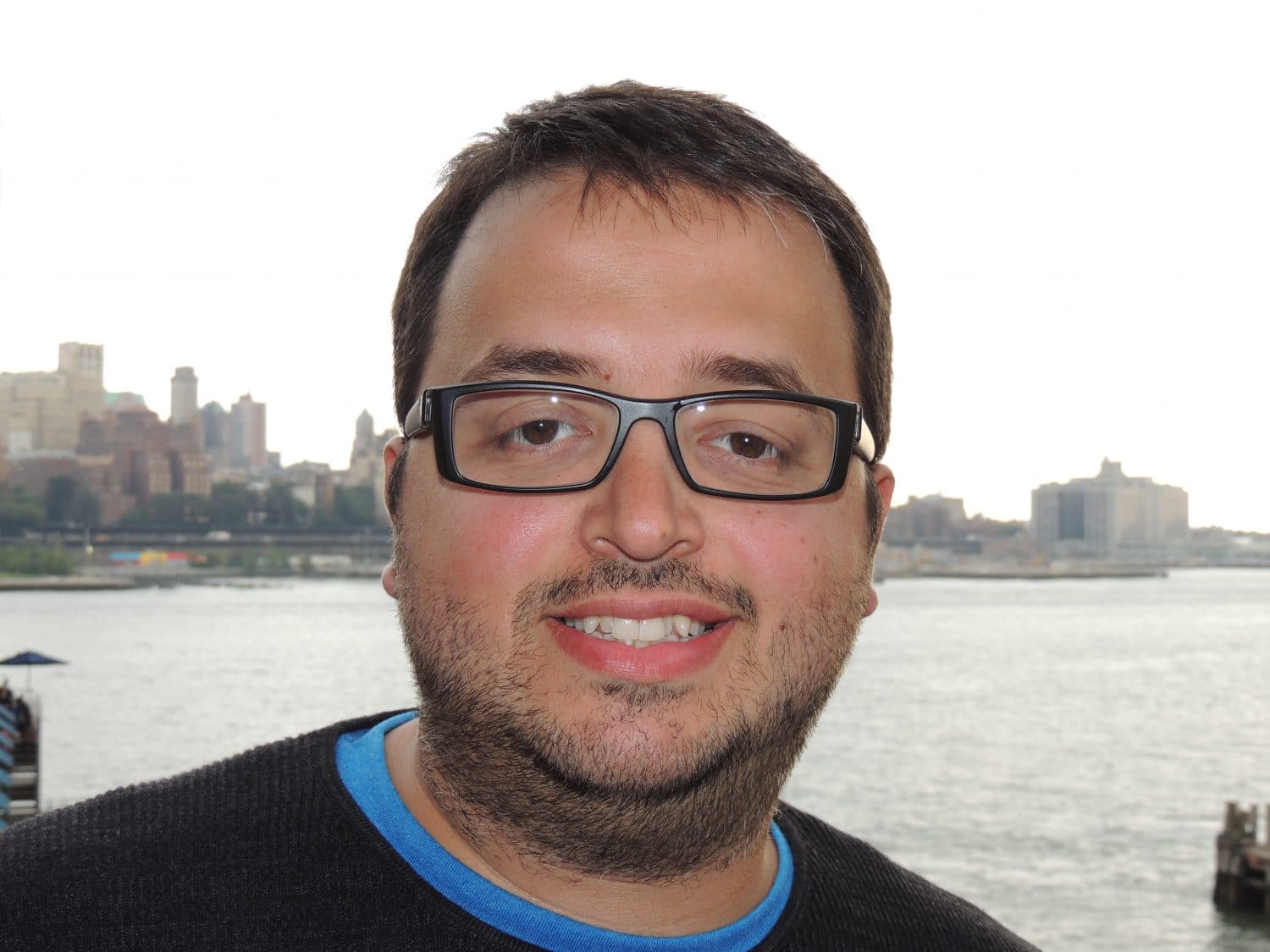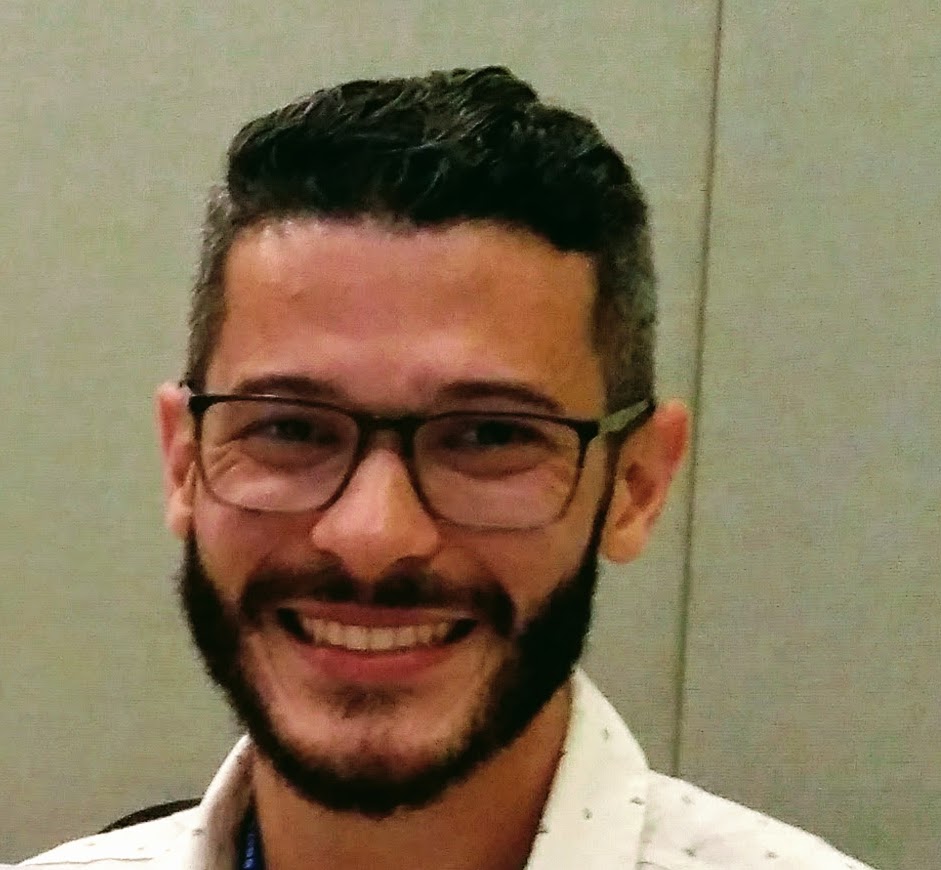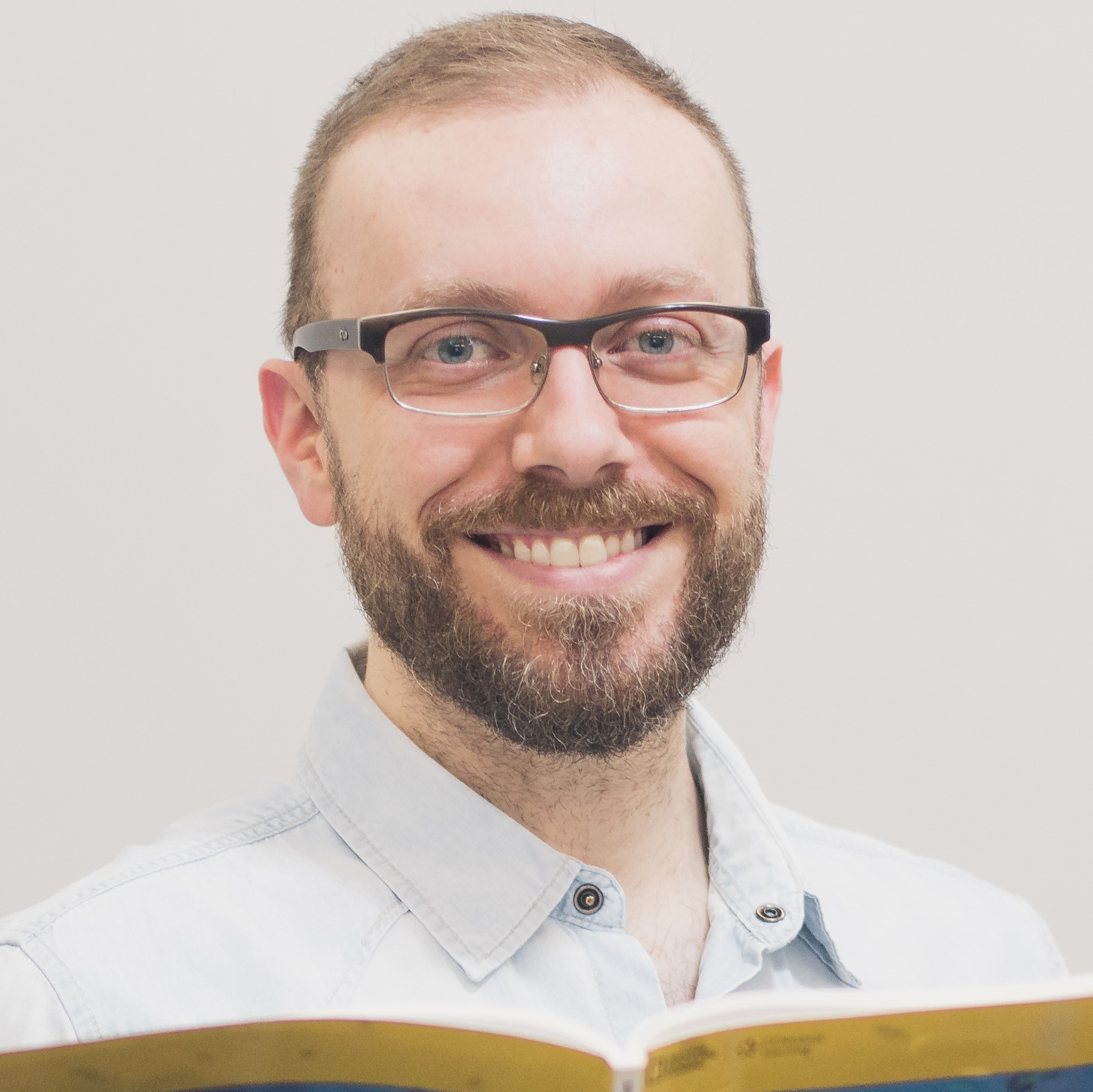Une Tomate Rouge and How Languages Work
1. Une Tomate Rouge
Less than a month ago I decided to take up French and I am already being faced with big challenges: I had assumed that languages close to your own in the language tree should not be too hard to learn, so I picked French since both languages evolved from spoken Latin. However, less than a month into it and I have already changed my mind completely. Its phonological system is a nightmare; the /s/ at the end of words never made it into the spoken language, and to make matters worse, no matter how many times I practice saying simple words such as ‘fille‘ (girl) and ‘raisin” (grape), they will never come out right, and I cannot even blame it on the deceased /s/ sound.
However, despite all my difficulties, I am enjoying learning a language from scratch because I am always thrilled by what is to come next: I am learning French with an app that I can easily access on my phone, so I will have to rely on the anonymous voice that guides me in a language that I can barely pronounce or understand. Actually, I don’t mind exploring things on my own at all, on the contrary, I quite enjoy it. I really like to get to the core of language systems and learn how language works according to speakers’ personal accounts and I envisage the day when I will be able to actually moan about it with a speaker other than the cold voice on my phone.
2. How Languages Work
Jeff lives in California and he is my student of Portuguese. In turn he talks to me in English. We ‘hop on’ Skype twice a week, an arrangement we have had for a couple of years now. The good thing is that we both share the need to get to the core of language to make sense out of its apparently chaotic nature.
The most important thing that I have learned through our discussions about language — with someone who isn’t a trained EFL teacher, is that there is not a right way or a wrong way of teaching and learning; there are simply different ways. Random though our discussions may sound, it is through them that we both gain insight into how English and Portuguese work without the need for grammar labels. Jeff has no idea of what the -ing form is called because this is not how he learned grammar in school; on the other hand, he is an amazing learner and teacher: He pushes me beyond my formal knowledge of grammar and makes me think about the ‘why‘ of things . For this reason, I had to flip my teaching so as not to let grammar words get in the way of Jeff’s learning.
Secondly, I have learned a great deal about similarities and differences between both languages, which surely have helped me explain grammar and vocabulary to my students more clearly and more intuitively thanks to Jeff’s non-grammatical approach to language.
So, here are a few suggestions if you are looking to understand how languages work:
1) Learn a new language. Not only will you put yourself in your students’ shoes, but you will also have a better understanding of language patterns, which you will be able to draw from when comparing different languages and systems;
2) Use social networks to discuss language with other people be them teachers, friends, native speakers or students. I have had amazing discussions with native speaking teachers on a number of language-related topics such as some stative verbs being used in the continuous form;
3) Ask yourself questions such as ‘why does English have such a rigidly fixed word order compared to Portuguese,’ for example? Ask your students this question. Let them come up with their own answers. You’ll be surprised at the amount of thinking they will have to do and insight they will gain — and so will you.
That said, stay curious above all. No matter how silly your questions may be, just venture into a quest for the answers and enjoy your journey.
Further Reading:
Michael Lewis. (2002) The English Verb. An Exploration of Structure and Meaning. Thomson Heinle
David Crystal. (2007) How Language Works. Penguin Books







